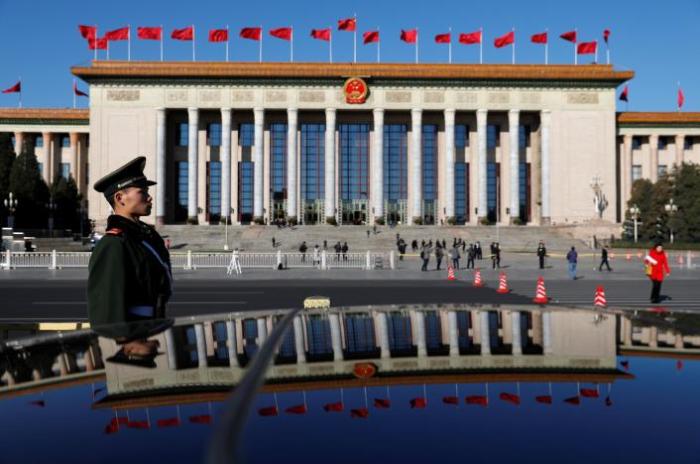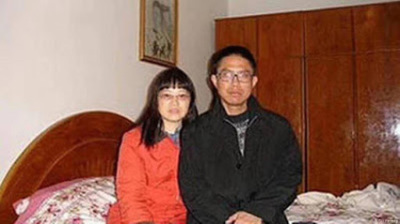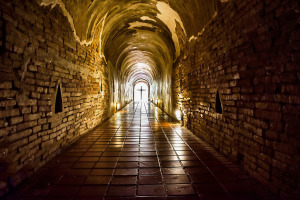China releases Liu Xianbin after 10-year prison sentence, detains his supporters

Chinese human rights activist Liu Xianbin, who spent 10 years in jail for writing for overseas dissident publications, had to walk for 12 hours to reach his home to be reunited with his wife following his release this past weekend.
Authorities released Liu, who served a 10-year prison term for “subverting state power,” early on Saturday and he reached his home in Beijing late in the evening to be with his wife, Chen Mingxian, according to the U.S.-based ChinaAid.
Two of Liu’s supporters had gone to receive him, to welcome him back into society, but officials detained them.

Liu has spent a total of 21 years and 10 months behind bars due to his fight for the human rights of Chinese citizens.
In 1991, Liu was jailed for 2 1/2 years for “counter-revolutionary propaganda and incitement” due to his involvement in the Tiananmen Square pro-democracy protests.
In 1995, he was detained for being part of a petition, “Drawing Lessons from Blood and Promoting Democracy and Rule of Law,” which was also supported by activist Wang Dan and Nobel Peace Prize laureate Liu Xiaobo.
In 1998, Liu wrote an open letter to the Ninth National People’s Congress, demanding respect for people’s human rights, and co-founded the China Democracy Party’s unit in Sichuan. In early 1999, he was detained for a month in the Beijing Detention Center, followed by a house arrest. He was convicted of “subversion of state power” in August 1999 and sentenced to 13 years in prison. However, he was released early in 2008 for good behavior.
Liu went back to his democracy activism and was again detained on June 27, 2010, for writing for overseas publications criticizing Chinese authorities, and later sentenced under article 105 of the Chinese penal code, which deals with subversion of state power.
“Even going according to the CCP’s standards, it’s a judgment that entirely perverts the law,” Guo Guoting, a Chinese civil rights lawyer who later moved to Canada, wrote in an email after Liu’s conviction in 2010, according to The Epoch Times.
Article 105 of the Chinese penal code, Guo wrote, implies the use of violence. “But Liu Xianbin never did anything remotely violent.”
Liu was named on ChinaAid’s “China18” list of prisoners of conscience who have faced severe adversity for their promotion of freedom in China.
The list “represent thousands of men and women in China who work at their peril to promote and advocate for the rule of law, religious freedom, democracy, and basic human rights,” the group says. “As a result, these brave Chinese citizens face harassment, incarceration, torture, and often with similar consequences for their family members.”
President Trump recently signed into law the Uyghur Human Rights Policy Act of 2020, authorizing the imposition of sanctions against those Chinese officials who have been responsible for the detention and persecution of more than a million Uyghur Muslims in the Xinjiang autonomous region.
The U.S. Commission on International Religious Freedom soon thereafter urged the Trump administration to immediately enforce sanctions.
The Chinese government has also continued its campaign against Christianity during the country’s coronavirus outbreak by destroying crosses and demolishing a church while people were on lockdown.
More than 60 million Christians live in China, at least half of whom worship in unregistered, or “illegal” underground churches.
China is ranked as one of the worst countries in the world when it comes to the persecution of Christians, according to Open Doors USA’s World Watch List.





























